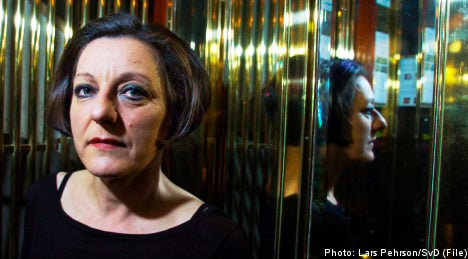The permanent secretary of the Academy, Peter Englund, will make the much-awaited announcement in Stockholm on Thursday at 1pm (11am GMT).
The date of the literature prize attribution is revealed only a few days in advance, while the dates for the other prizes are known several months ahead of time.
The Nobel festivities kick off on Monday with the announcement of the medicine prize, followed by the physics prize on Tuesday and chemistry on Wednesday.
The literature laureate is traditionally revealed on a Thursday during the Nobel week.
The peace prize winner is scheduled to be announced on Friday, and the economics prize on Monday, October 12th.
In line with tradition, the Swedish Academy gave no indication of its choice for the literature prize. It never reveals the names it is considering, and its deliberations are sealed for 50 years.
No favourites have emerged for the 2009 prize, but Stockholm literary circles have suggested that it is time for the prize to be given to a poet.
The last poet to win was Wislawa Szymborska of Poland in 1996.
Last year, the award went to French author Jean-Marie Gustave Le Clezio.


 Please whitelist us to continue reading.
Please whitelist us to continue reading.
Member comments